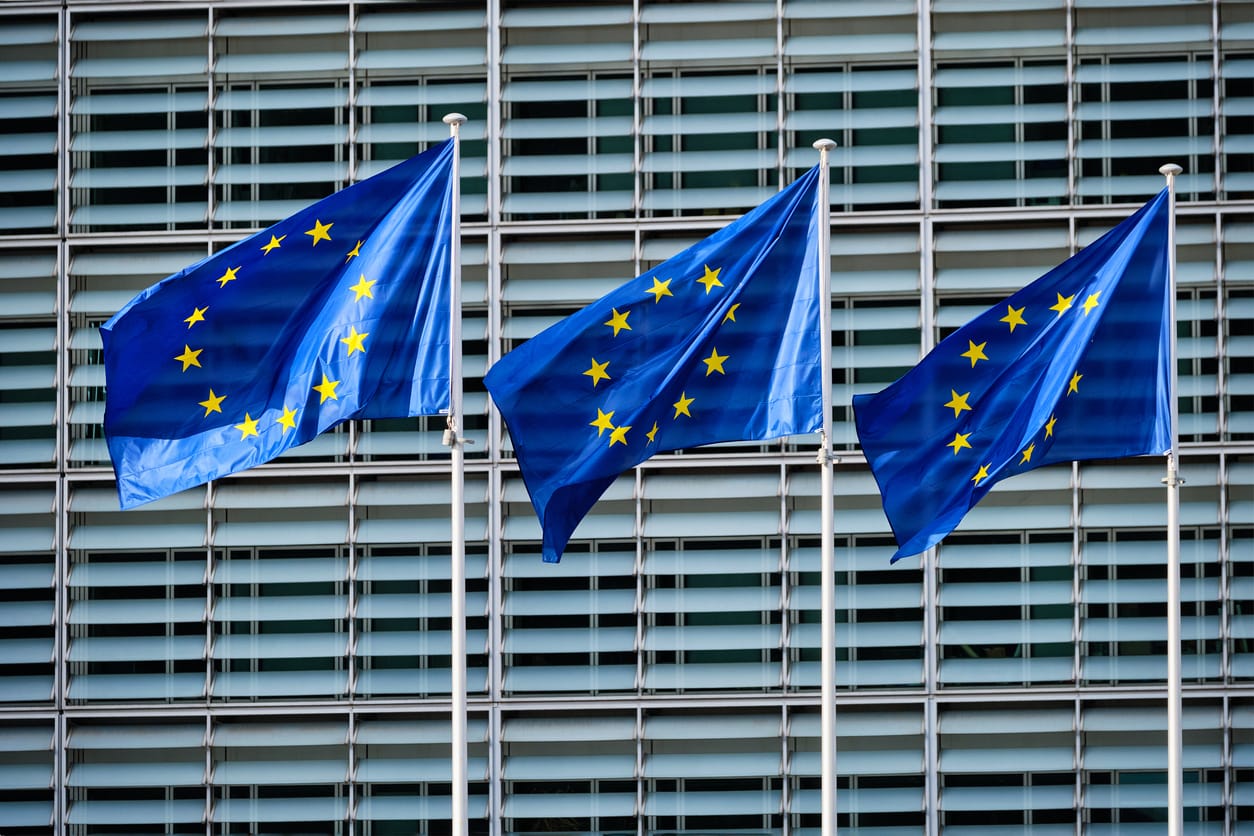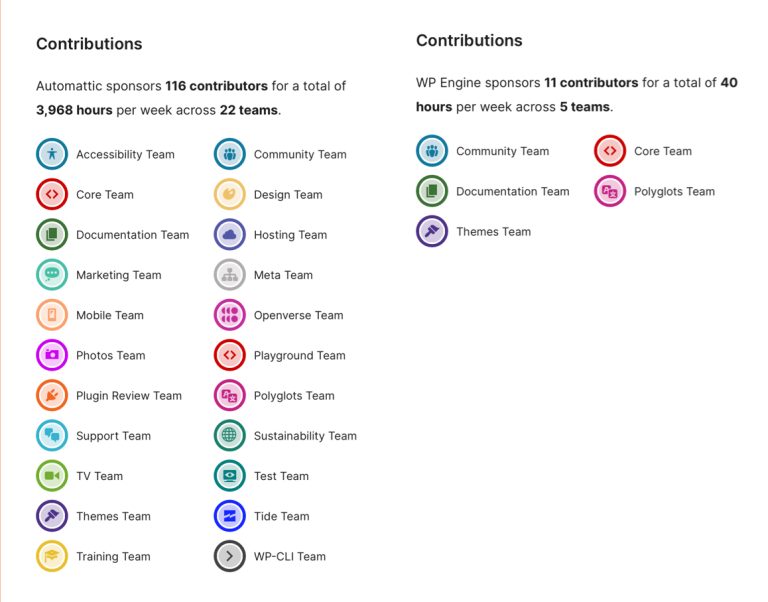
The European Parliament has approved a revision of VAT rules. As a result, online platforms will be liable for VAT payments if their sales partners do not fulfill this obligation. The reform aims to prevent unfair competition and combat VAT fraud. Businesses will save billions on costs, according to policymakers in Brussels.
By 2030, online platforms must pay VAT for services provided through them in most of the cases where individual service providers do not charge VAT, explains the European Parliament. “This will put an end to a distortion of the market because similar services provided in the traditional economy are already subject to VAT.” Member states will have the option to exempt SMEs from this rule.
Fit for digital times
The update of the 2006 directive makes VAT rules “fit for digital times”, states the European Parliament. VAT reporting obligations for cross-border transactions will be fully digitalized. From 2030, businesses must issue online invoices and automatically report data to tax authorities.
“With this, tax authorities should be in a better position to tackle VAT fraud.” The successful online One Stop Shop (OSS) system will also be expanded, allowing more businesses to meet their obligations through a single portal and in one language.
‘The rules beef-up online VAT one-stop-shops.’
VAT registration was simplified with the introduction of the OSS system in 2021, promoting compliance and facilitating cross-border ecommerce within the European Union.
Savings
The VAT update is part of the ‘VAT in the Digital Age’ (ViDA) package, introduced in December 2022. The European Commission estimates that member states could recover up to 11 billion euros annually in lost VAT revenue. Businesses are expected to save 4.1 billion euros per year in compliance costs and 8.7 billion euros in registration and administrative costs over ten years.





